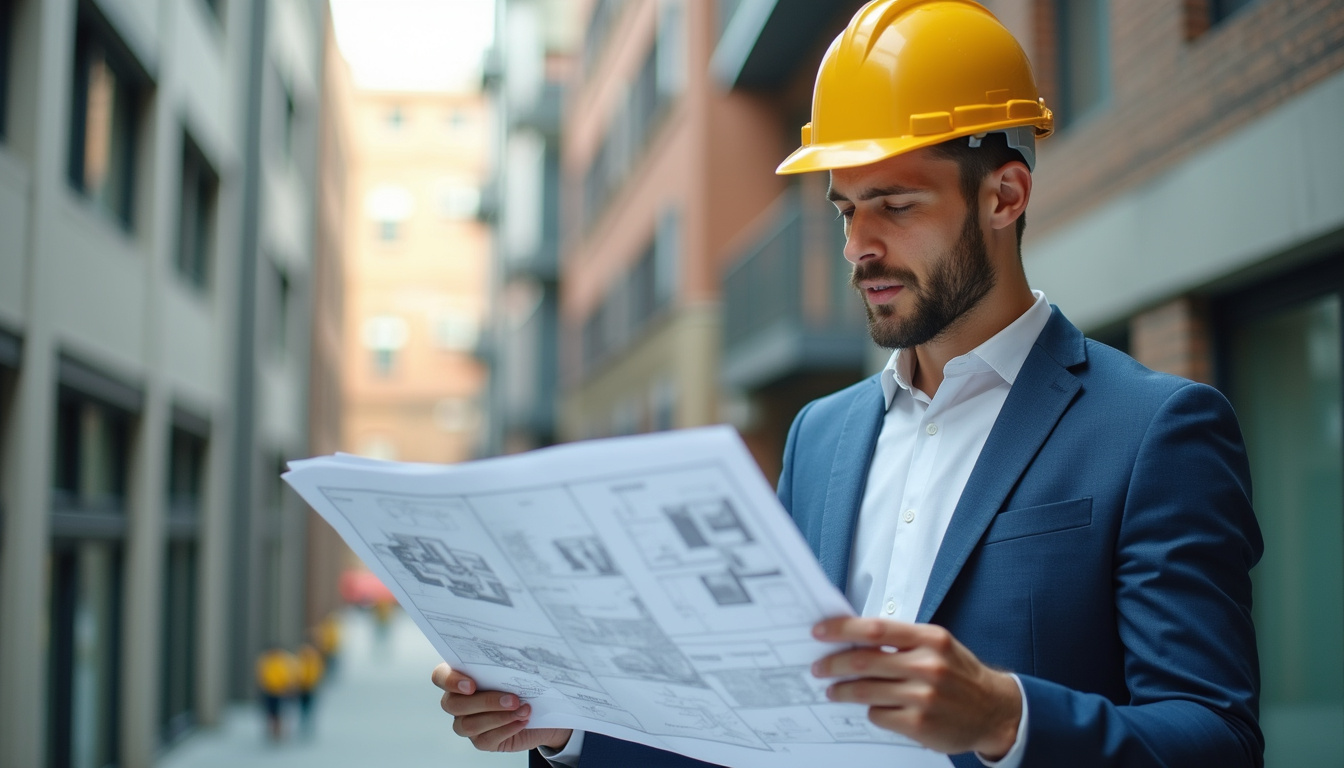Navigating the world of real estate permits is a key step for anyone who builds, buys, or fixes a property. If you own a home, invest, or work in construction, knowing real estate permits is a must. You need permits to keep your work legal and to avoid extra costs. This guide shows the basic parts of real estate permits, how to get them, and tips to pass the paper checks.
What Are Real Estate Permits?
Real estate permits are official yeses from local government. They let owners, builders, or contractors work on building, remodeling, or changing land use. Permits keep projects close to local laws. They check for rules on land use, safety, the environment, and community plans.
You must get a permit before you start big changes or new builds. Not getting permits can lead to fines, work delays, or even tearing down the project.
Why Are Real Estate Permits Important?
Real estate permits keep you out of legal trouble and help keep your project safe and strong:
- Your work follows local law.
- Permits keep your property work legal.
- Inspections check that work meets a safe standard.
- Getting proper permits helps you avoid fines and stoppages.
Types of Real Estate Permits
Depending on your project and location, you may need different permits. Some common kinds are:
- Building Permits: Needed for new builds, additions, demolitions, or big changes.
- Zoning Permits: These check that your work fits local land use rules.
- Electrical and Plumbing Permits: Needed when you work on wires or pipes.
- Environmental Permits: Used when your project touches natural resources or waste work.
- Occupancy Permits: Given after work is done. They show the space is safe to use.
Step-by-Step Process to Obtain Real Estate Permits
Getting a permit may seem hard. Use these clear steps to make it easier:
Research Local Rules
Check local work rules on your city or county website.Consult a Professional
Hire an architect, engineer, or expert. They can help with plans that meet rules.Prepare Your Application
Fill in the permit form. Attach site plans, drawings, and studies.Submit the Application
Hand in your papers at the local permit office. Some places let you use the net.Pay Fees
Pay the permit fee. The fee may change with your project size.Plan Review and Fixes
Officials will look at your work. You may need to fix details or add more files.Inspections
As work goes on, set up checks. These ensure you follow local rules.Get Permit Approval and Occupy
When checks are passed, you will get your permit, and you can use the space.
Tips for a Smooth Permit Application
- Begin Early: Getting a permit may take weeks or months.
- Stay in Touch: Talk with permit workers. They can help clear doubts.
- Follow Local Rules: Stick to the guidelines. Avoid shortcuts.
- Keep Copies: Save your permits and checks for later.
- Plan for Wait Times: Allow extra time if permits come late.
Common Challenges and How to Overcome Them
| Challenge | Solution |
|---|---|
| Hard-to-read Rules | Ask a building expert for help with the rules. |
| Slow Approvals | Send your papers early and stay active. |
| Denied Permits | Check errors and fix them. |
| Failed Inspections | Fix issues and prepare well for reviews. |
Frequently Asked Questions (FAQs)
Q1. How long does it take to get real estate permits?
The time can change a lot. It may be a few weeks or several months. Some areas have faster processes for an extra fee.

Q2. Are real estate permits needed for small changes?
Many small changes such as painting or new floors do not need permits. However, if you change structure, pipes, or wiring, you need a permit. Check your local rules.
Q3. Can I start building before the permit is given?
No. Starting work without a permit can bring fines, legal issues, and a stop to your work.
Real Estate Permits and their Impact on Property Work in Egypt
In Egypt, getting real estate permits is a must. This is true for home projects, business buildings, or holiday resorts in places like Cairo or Hurghada. The government keeps strict work rules to support city plans and safety.
For example, if you plan a Nile cruise site or a Hurghada resort, you must get the right permits. Permits cover work on the land and the air, and they keep projects in line with local laws. Following these steps builds trust among local buyers and workers.
Conclusion: Your Next Step in Safe Property Work
Know that real estate permits are a must in today’s building work. They keep your work legal, safe, and may raise the value of your property. Begin your project today by checking local rules or speaking with an expert. With clear steps and proper permits, you can turn your property ideas into real work with ease and trust.
Ready for your next step? Contact the local permit office or a trusted expert to secure the right papers and turn your plans into a safe built space.
[center]
https://findapropertyegypt.com/contact-us/
[/center]

